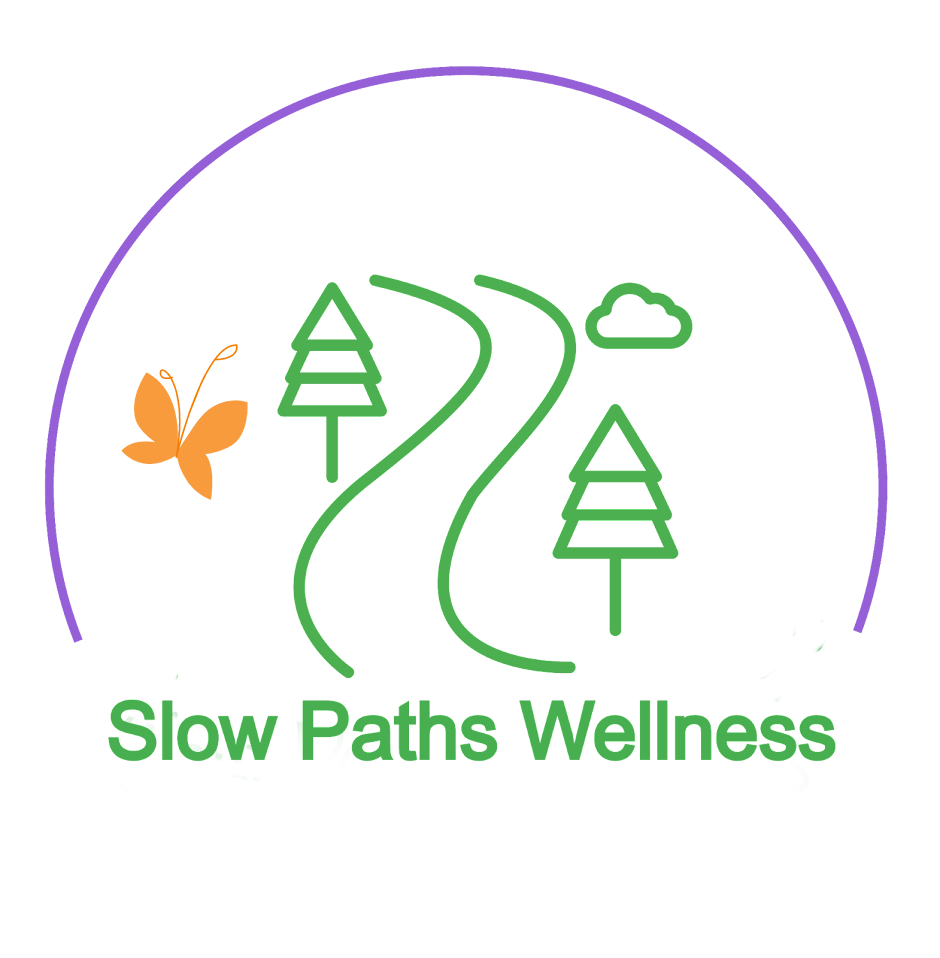 |
| Photo from stock.xchng |
Balance is Key
Chinese Medicine is based on the principle of living in harmony with the world around you. Adjusting your life so it is in balance with your health, the outside world, and your values will lead to a happier, more satisfying life.
- The basic principle of Chinese Medicine is balance. You should not be too hot or too cold, but “just right.” You should not be restless and jumpy, or exhausted, but calmly energetic. You should balance activity and rest so your muscles are exercised but you are not exhausted.
- Living in harmony with your personal constitution can also enhance your well-being. If you have a chronic illness, catch cold easily, or tire easily, you need to be more careful of your health. Build more rest into your schedule and minimize stress.
- Decide to live life according to your beliefs. Few things are more stressful than ignoring your dreams every day. Decide what you want your life to be about, and focus on building that future for yourself.
Living Harmoniously with the Weather
It sounds like common sense, but it can really help your health and comfort. Here are some tips, along with some of the problems associated with different kinds of seasonal changes.
- Temperature: If it’s hot, wear lightweight comfortable clothes, and if it’s cold wear warmer clothes. Try to stay dry in wet weather, and avoid extremely hot or cold temperatures.
- Wear a scarf on windy days: wind is associated with increased headaches and other pains in Chinese Medicine, as well as with catching cold more easily.
- A hot environment (whether an overheated room or a hot summer day) aggravates anxiety, restlessness, and insomnia. Those with acid reflux or migraines may find them worse in hot temperatures as well.
- Cold tends to increase stiffness, pain and digestive problems.
- Damp weather aggravates lethargy, edema, allergies, and foggy thinking.
Eating for Health AND Enjoyment
Chinese Medicine strongly emphasizes proper food choices to maintain health.
- Have all food or drink room temperature or warmer. Your stomach acts like a soup pot. It should constantly and slowly “cook” food so all your body systems can “come and eat” and use that energy to live your life. Eating cold food forces your body to use more energy to digest food, and often digestion is incomplete, leading to excess mucus, stomach or abdominal pain, and bloating.
- Eat in peaceful surroundings. Scientists now know that stressful situations cause your body to make hormones that affect your digestion. While managing stress throughout your day is important, try especially to have peaceful meals and peaceful rest.
- Eat according to your situation. If you are in frail health, you should eat very well cooked, easy to digest foods. If you feel cold, emphasize warming foods, such as cinnamon or ginger, as part of an overall balanced diet. If you are hot, emphasize cooling foods (that are served room temperature or warmer) such as green tea, mint, and green leafy vegetables.
- Eat food that is as unprocessed as possible. Try to avoid artificial ingredients, such as preservatives, artificial sweeteners, colors, and flavorings. Opt instead for natural sweeteners (if you cannot have sugar you can use stevia or agave nectar ), and foods that are freshly prepared. Emphasizing vegetables, simply cooked meat, and water or fresh-brewed tea over processed chips, soda, and frozen meals helps you digest your food more easily.
How an Acupuncturist can Help
As you can see, Chinese Medicine focuses on living in harmony with the environment. But if you have a chronic illness, you may be “out of balance” in several areas. An acupuncturist trained in Chinese Medicine can help you improve your health using gentle techniques such as acupuncture and Chinese herbal formulas.
Acupuncture is the use of tiny, sterile, disposable needles on points along meridians to improve health. A regular course of acupuncture visits can help most chronic illnesses, especially those involving depression, anxiety, digestive problems, fatigue, or any illness aggravated by stress--and what illness is not helped by reducing stress? Chinese herbal medicine can be of great help in this process by gently giving your body the raw materials it needs for health.

